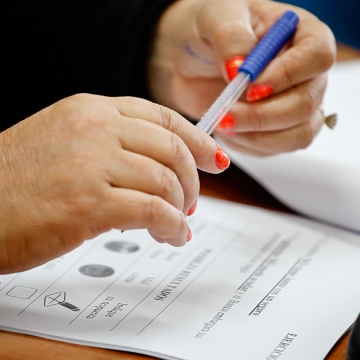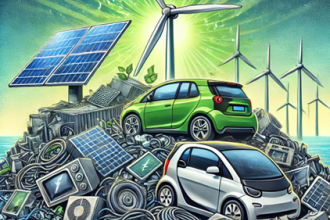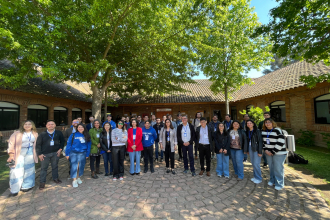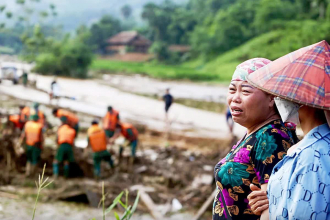TRANSPATH (Transformative pathways for synergizing just biodiversity and climate actions)
TRANSPATH is a project that addresses the urgent need for transformative change to tackle biodiversity loss and climate change. Recognizing that conventional policies are insufficient, TRANSPATH





